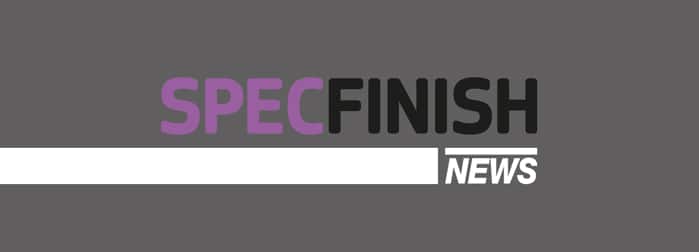The July Construction Purchasing Managers’ Index (PMI) of UK construction from Markit/CIPS has found that construction output has fallen during July while new orders decreased at a slower pace. However, demand for subcontractors has weakened and material costs have increased sharply.
Tim Moore, senior economist at Markit and author of the PMI, said: “July’s survey is the first construction PMI compiled entirely after the EU referendum result and the figures confirm a clear loss of momentum since the second quarter of 2016, led by a steep and accelerated decline in commercial building.
“UK construction firms frequently cited ongoing economic uncertainty as having a material negative impact on their order books. In particular, survey respondents noted heightened risk aversion and lower investment spending among clients, notwithstanding a greater number of speculative enquiries in anticipation of lower charges.
“Meanwhile, exchange rate depreciation resulted in sharper input cost inflation and there are concerns that additional supplier price rises for imported materials could be around the corner.
“However, it’s not all bad news, at least insofar as the decline in construction output was little-changed from June’s seven-year low. There were also some reports that demand patterns had been more resilient than expected given the uncertain business outlook.
“Construction firms generally suggested that clients had adopted a wait-and-see approach rather than curtailed or cancelled forthcoming projects during July. While there is little to suggest an imminent turnaround in business conditions, a relief factor appears to have softened the fall in business optimism among UK construction companies.
“Latest data showed that confidence regarding the year-ahead outlook eased further following the EU referendum, but only to a level last seen in April 2013 and one that is still well above the record lows experienced in 2008/09.”
The seasonally adjusted PMI registered 45.9 in July, down fractionally from 46.0 in June and below the 50.0 no-change threshold for the second month running. The latest reading signalled the fastest overall decline in construction output since June 2009.
There was a sharp reversal in subcontractor availability, which rose at the fastest pace since September 2012. Weaker demand for subcontractors also contributed to the slowest rise in their average charges for over three years.
David Noble, group chief executive officer at the Chartered Institute of Procurement & Supply, said: “The sector’s downhill course is a seriously disappointing development, with purchasing activity falling for the second consecutive month, and following another drop in new orders.
“With a reduction in new work for the third month in succession and one of the fastest falls since early 2013, this hesitancy to commit was largely attributed to the continued hazy gloom of uncertainty as clients became more cautious, and deferred orders. The picture is still unclear around whether this direction is fixed for the coming months or is a short-term reaction and the aftershock of the UK’s referendum decision.”


